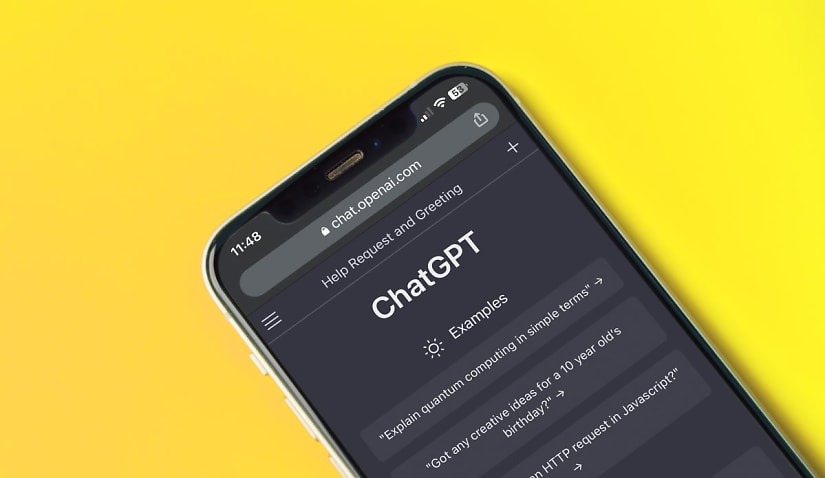The NSW Bar Association has released extensive guidelines on barrister’s use of AI technology but has warned that language tools are still evolving, are under intense legal scrutiny and have the potential to bring on disciplinary action if not used correctly.

In a president’s message, Gabrielle Bashir SC announced the guidelines had been published to inform the state’s barristers on their legal obligations and the potential breaches if they opt to use artificial intelligence (AI) in their work with clients or inside courtrooms.
Ms Bashir said it is “vital that barristers understand their duties” and the “importance of their role in the administration of justice” in the context of using the artificial intelligence language models, such as the most popular tool ChatGPT, in legal practice and briefs.
“Importantly, AI technology can never be used as a substitute for the proper exercise of a barrister’s professional judgements in a matter of law, or in ignorance of professional and ethical obligations.
“These include providing competent and diligent representation, maintaining independence and integrity, and maintaining confidentiality of client information and privileged material,” Ms Bashir said.
The guidelines inform the use of AI by barristers in the context of intellectual property considerations, privacy considerations and confidentiality and legal professional privilege requirements.
It warns that because language models are ever-evolving, the response barristers may receive from the same prompt from one time to the next could be “substantially different”.
When the tools are used, the Bar said barristers must thoroughly check the responses it generates before relying on them “in any way to assist in producing work for clients or courts”.
“If that is not possible, then the barrister should avoid any reliance on those answers as a matter of prudence, professionalism and in the proper discharge of their responsibilities,” the guideline read.
Ms Bashir warned that the guidelines were made for an ever-evolving area and are open to change, particularly in light of lawsuits filed in the US against OpenAI, the company behind ChatGPT.
“The Bar Council acknowledges the importance of keeping abreast of both legal and technological developments in this area and will endeavour to regularly review and update the guidelines,” Ms Bashir said.
